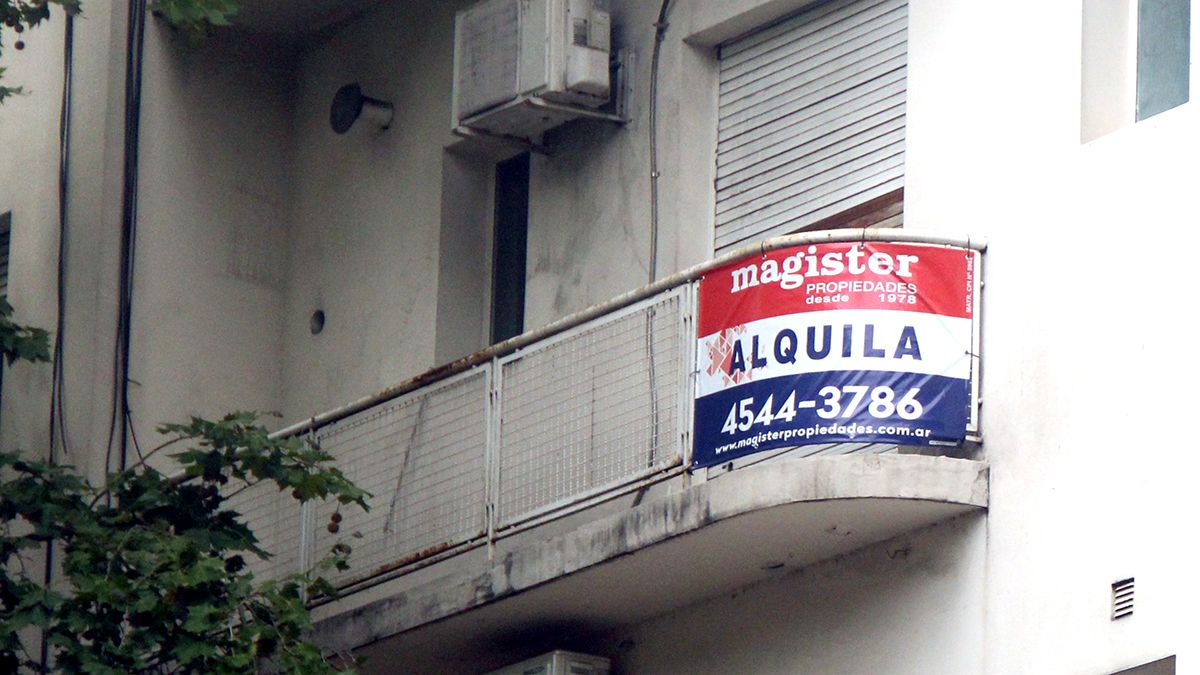Ámbito reviewed the main points of the National Rental Law and what the new contracts are like since July 2020. The Government is preparing its repeal.
In July the new rental contracts come into effect.
Ignacio Petunchi
The Government will stop to announce the repeal of the Rental Law, the controversial measure that led to increases of 245% per month and generated a supply problem in the real estate market, especially in the City of Buenos Aires.
The content you want to access is exclusive to subscribers.
The regulations have been in force since June 2020 and establish that the contracts will have some changes: the increases will be every 12 months established by an index that takes into account inflation and salaries.


In addition, the minimum contract will be for three years, a single month deposit will be paid, the range of guarantee options is expanded, the contracts must be registered with the AFIP, the extraordinary expenses are the responsibility of the landlord, and the tenants may terminate the contract. contract, in some cases, without paying a penalty.
How are the increases applied?
For the update, a rental indexation formula is applied. To calculate the increase, consult the Index for Rental Contracts (ICL) published by the Central Bank and which contemplates in equal parts the variation of inflation (Indec CPI) and the salaries according to the Ripte (Average Taxable Remuneration of Stable Workers).
Main points of the rental law
- The minimum term of the rental contract becomes 3 years, and it is forbidden to do it for less time. They can be signed for up to 20 years.
- Only one month deposit is paid and it applies for three years. The deposit will have to be returned at the value of the last month of the contract.
- If for any reason (gas outage, or rain due to humidity, etc.) the home cannot be used, the tenant has the right to terminate the contract or suspend payment of the rent until the problem is resolved.
- If there is any expense that the tenant does not have to pay (repairs, debts, etc.), you can deduct it with prior notice from the rental payment.
- Tenants will not have to pay taxes and fees on the property (eg ABL, rents, TSG, Aysa).
- Regarding the expenses, the tenant pays the expenses of ordinary expenses that include the salary of the manager, and cleaning. Extraordinary expenses such as building repairs, or other departments, or reserve funds, are paid by the owners.
- To terminate the contract when the notification to the owner is made with a three month notice or more, after at least six of the contract, the payment of compensation does not correspond.
- Refering to contract renewal either the tenant or the owner can (within the last three months of the rental contract) convene one of the parties to establish the conditions of the next contract. The owner must notify the conditions of the contract and its renewal or not, in 15 days. If there is no response or no agreement, the tenant can end the lease without paying a penalty.
- Prior to the demand for eviction for non-payment of rents, the owner must reliably notify the tenant to pay the amount owed, granting a term that should never be less than ten calendar days from the receipt of the summons. , specifying the place of payment.
- To intervene in a rental contract you have to be a registered real estate broker. Real estate fees or commissions are regulated by each province.
- The tenant offers the owner at least two of the following guarantees: real property title; Bank guarantee; Surety insurance; bail guarantee; or joint guarantor; or personal guarantee of the tenant, which is documented with a salary receipt, income certificate or any other reliable means. The landlord must accept one of the guarantees proposed by the tenant.
- If the owner does not want to collect the rent for any reason, the tenant can send an email requesting that they accept it within 48 hours and otherwise they can record it in court.
- The owner has the obligation to register the contract (as long as it was signed as of 7/1/2020) to the Federal Administration of Public Revenues of the Nation (AFIP). The owner has 15 days to register the contract from the date you signed. The tenant may also do so.
Source: Ambito




